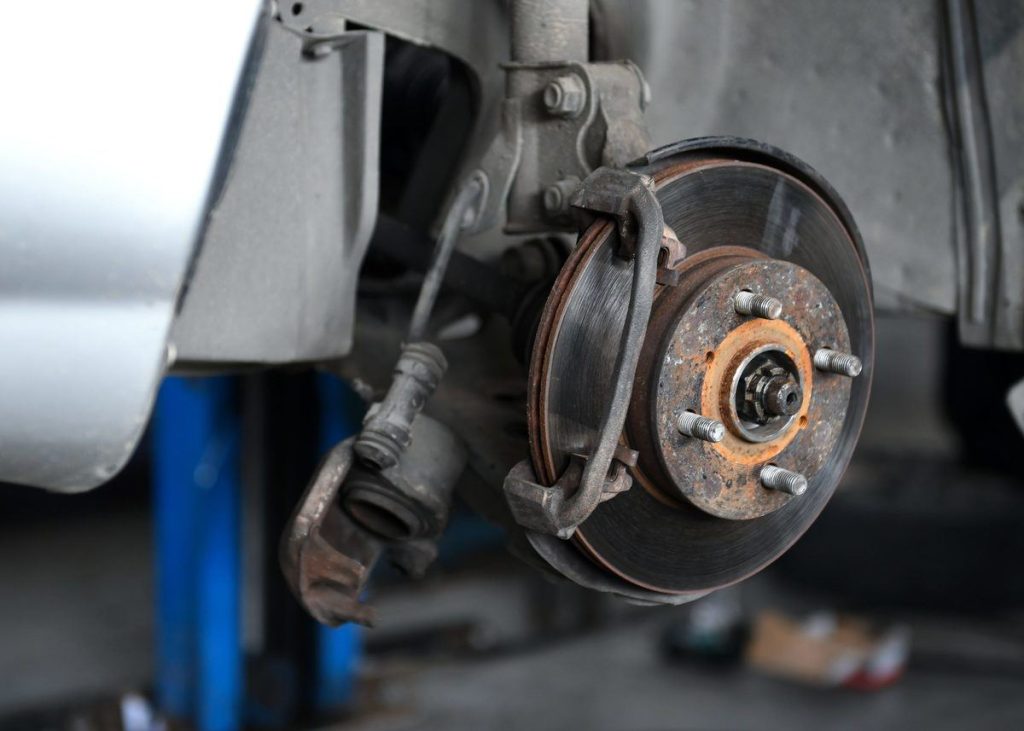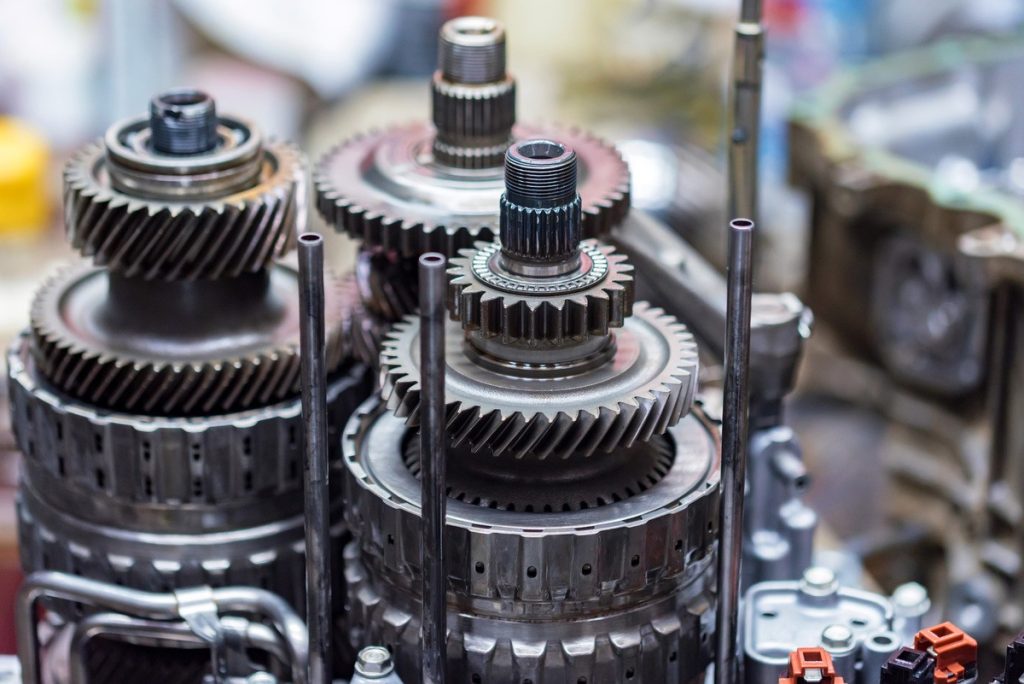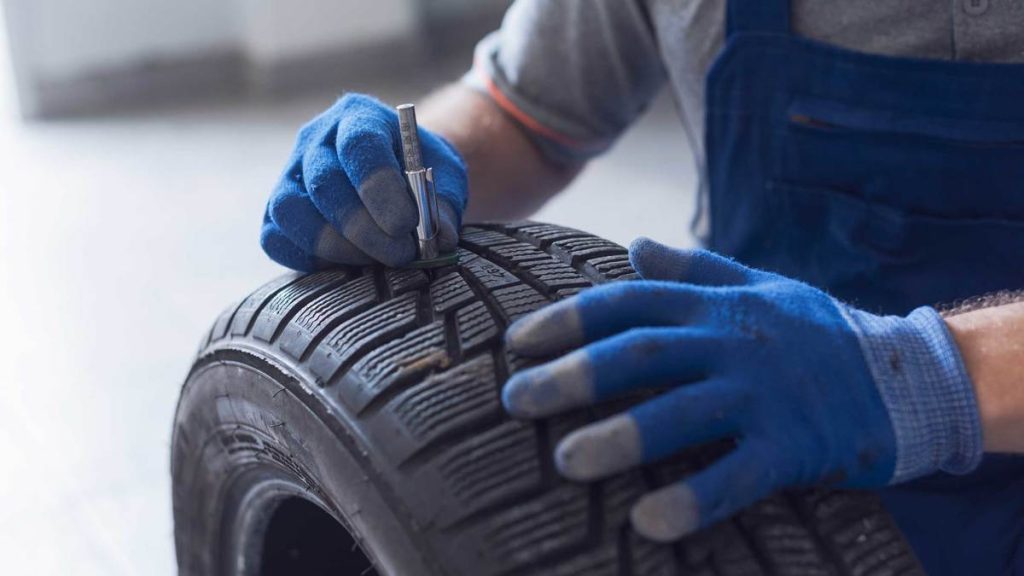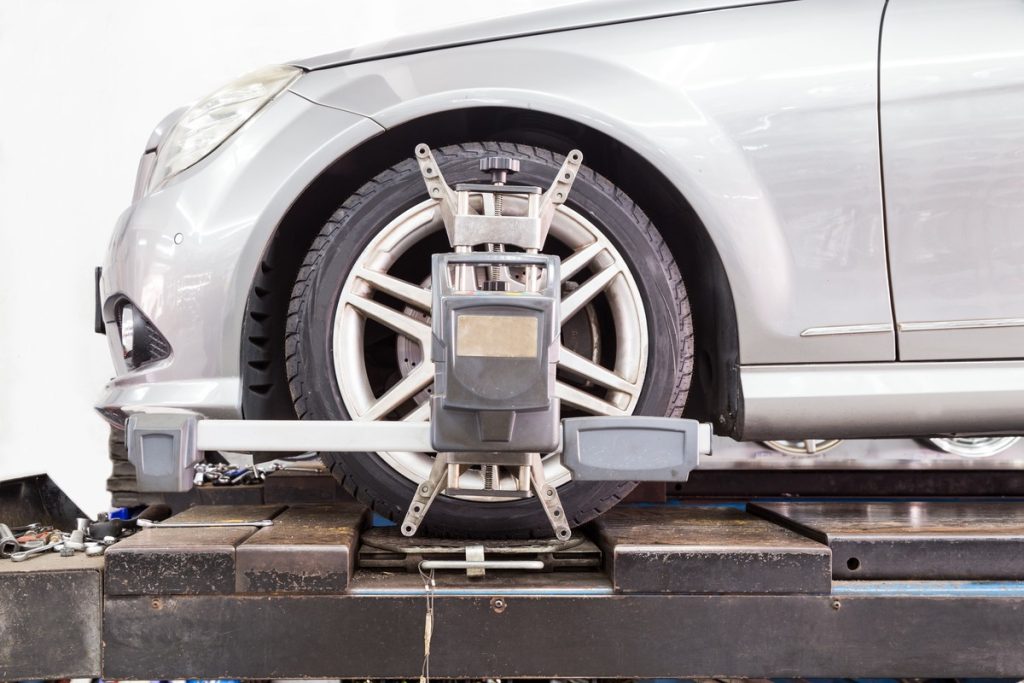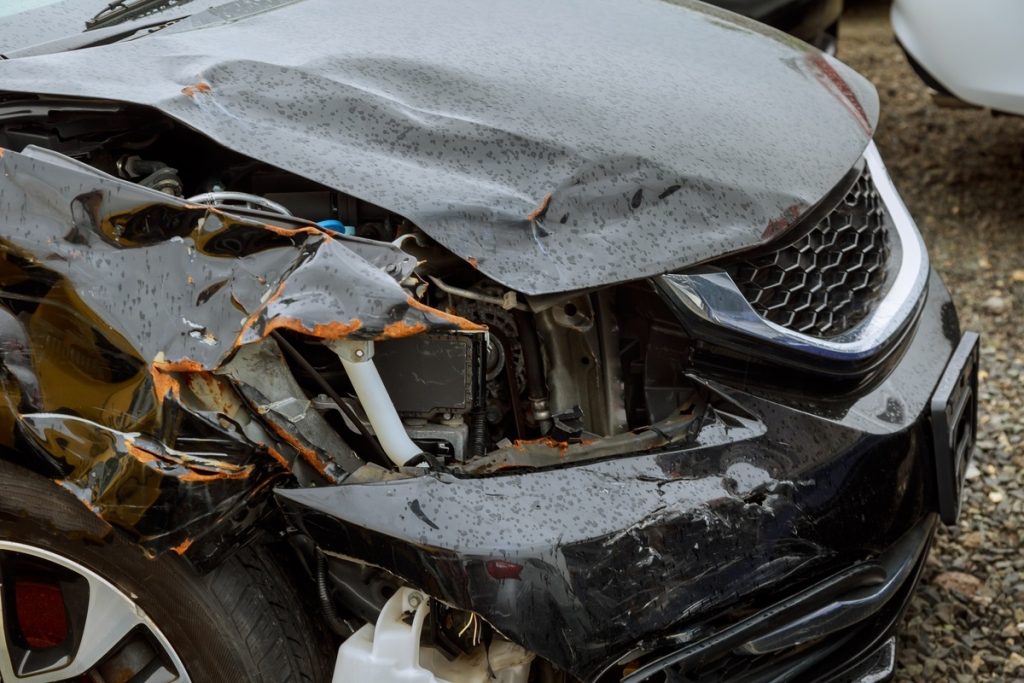If you’re shopping for a new or used car, you may be wondering which is better – a petrol, diesel or hybrid vehicle. What are the pros and cons of petrol vs diesel vs hybrid cars?
Let’s look at the key factors to consider when buying a car – fuel efficiency, environmental impact, performance, cost, maintenance and resale value.
Fuel efficiency
Petrol cars
When it comes to fuel economy, measured in the number of kilometres per litre (km/L), petrol cars are not the star performer. In several tests that looked at “around town” driving and motorway driving, petrol cars achieved the lowest km/L.
Diesel cars
Most fuel efficiency tests reveal that diesel cars outperform petrol cars in all driving scenarios. If you’re driving long distances, or doing a lot of motorway driving, diesel cars definitely have the edge. Diesel may cost more at the pump, but you’ll get more distance per litre from diesel than petrol.
Hybrid cars
When it comes to overall fuel efficiency, however, hybrid cars rank the best. They use less fuel because they use battery power some of the time. If most of your driving is done on city streets, a hybrid car will get you the best fuel economy. Hybrid cars are developing quickly and are slowly catching up to diesel cars when it comes to motorway fuel efficiency.
Environmental Impact
Petrol cars
All cars with a combustion engine produce NOx (nitrogen oxides), which is harmful for humans and the environment. This includes petrol, diesel and hybrid vehicles. In this regard, petrol cars are cleaner than diesel cars. However, petrol cars emit more carbon dioxide (CO2) than diesel.
Diesel cars
Modern diesel cars are cleaner than they’ve ever been. It’s an old perception that diesel cars are bad for the environment – and that’s because they used to be, emitting high levels of NOx. But they have gotten much better over the years.
Hybrid cars
Today’s hybrid cars produce fewer emissions than any other type of vehicle. They produce less NOx and less CO2. Hybrid cars, however, partially rely on electricity – and many would argue that this also has negative impacts on the environment.
Car Performance
Petrol cars
In general, petrol cars don’t accelerate as powerfully as diesel cars, but petrol cars provide better top speed. Most people notice that the driving experience is smoother and quieter in a petrol car than in a diesel car.
Diesel cars
A diesel engine produces a lot of torque or pulling power – more than a petrol or hybrid car. So if you need a vehicle for towing a boat or trailer, a diesel car may be one to consider.
Hybrid cars
Generally speaking, hybrid cars don’t have the same torque or engine power as petrol or diesel cars. Depending on the size of their engine, a hybrid car may not be able to reach quick acceleration or top speed levels that a petrol or diesel can reach. Another factor to consider, as well, may be the fact that a hybrid car may have less boot space due to the need for an additional battery and electric motor.
Car Cost
Petrol cars
The cost at the pump is usually higher for petrol than diesel when it comes to comparing cost per litre. How many km/L you get, however, depends largely on whether you do more motorway driving than city driving.
Insurance is another cost to consider, and generally speaking, petrol cars are cheaper to insure than diesel or hybrid models (please talk to a reputable insurance company for advice here).
Diesel cars
One cost to consider that might be higher with a diesel car is the tax you have to pay every time you buy diesel. A 10 cent per litre regional fuel tax applies to petrol and diesel sold in the Auckland region from 1 July 2018 until 30 June 2028, and in NZ there are Road User Charges for diesel vehicles.
Hybrid cars
The upfront price of a hybrid car is usually higher than the price of a petrol or diesel car. Yet hybrid cars can be much cheaper to run, depending on the type of car you buy and the kind of driving you do.
Car Maintenance
Petrol cars
Regular maintenance is one of the best ways to prolong the life of your vehicle. This is particularly true with a petrol car. There are a lot of interdependent components that help your car run efficiently. Regular maintenance is the best way to control your overall service costs.
Diesel cars
The maintenance and service costs for petrol and diesel cars are roughly the same, but components for diesel engines can be more expensive. Some research also shows that diesel engines require more maintenance over the lifetime of a diesel car.
Hybrid cars
On average, hybrid cars have fewer faults and breakdowns – and the faults experienced are often less severe than the average fault experienced by petrol or diesel cars. In the end, this means less time off the road when undergoing repairs.
Car Resale Value
Petrol cars
Most car owners are more familiar with a petrol car than any other type, including diesel and hybrid vehicles. For this reason, a petrol car may be an easier resale. But it’s no guarantee. What can make a bigger difference is having regular service and maintenance checks done, which can significantly increase the resale value of your petrol car.
Diesel cars
One of the top factors that buyers of used vehicles consider is how much more driving they think they can get from the car. Many studies show that, on average, diesel cars get more overall kms. Depending on where you live, diesel vehicles are always in demand in rural settings as work vehicles or towing vehicles.
Hybrid cars
Generally speaking, hybrid cars do tend to have a high resale value due to the many benefits they offer. They can be the better option for fuel economy and environmental impact, making them a popular choice.
The best way to maximise the resale value of your vehicle is to have regular maintenance done on your car. Keeping a record of all the service appointments that your car has had shows future owners that you’ve looked after the car.
When thinking about whether to purchase a diesel, petrol or hybrid vehicle, take these factors into account. Consider whether you do more driving “around town” or on the motorway. Do you need to tow a trailer or boat? You may find that a higher upfront cost is worth it compared to the ongoing fuel and maintenance costs.
If you have a car in mind to purchase, but have some questions, feel free to get in touch with the experienced team at Mt Roskill Collision Centre. We can give you advice on buying a petrol vs diesel vs hybrid car based on your specific vehicle and driving conditions.
Call us on 0800 227 762 or email [email protected] for professional and friendly vehicle advice.


